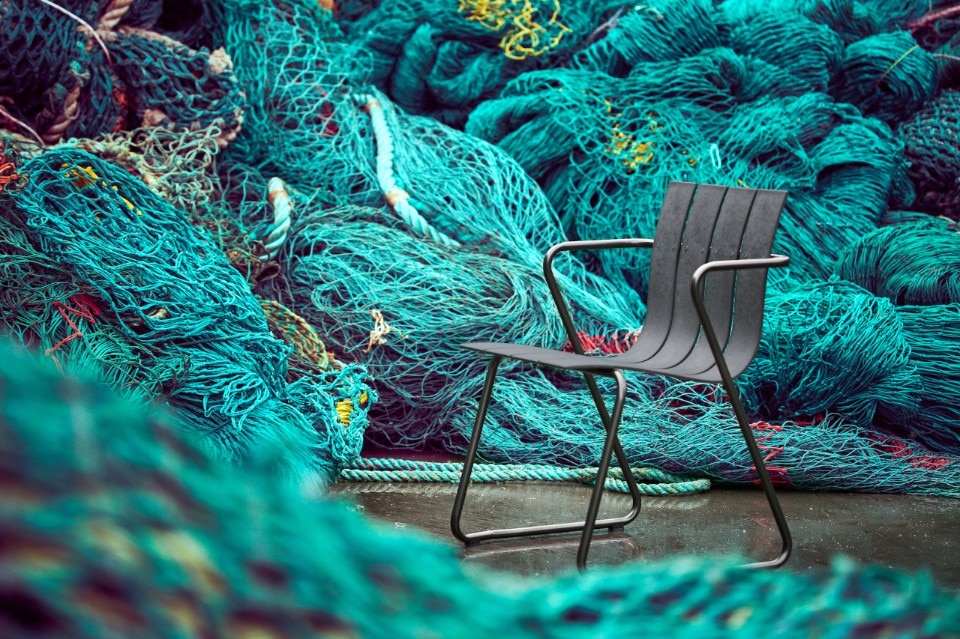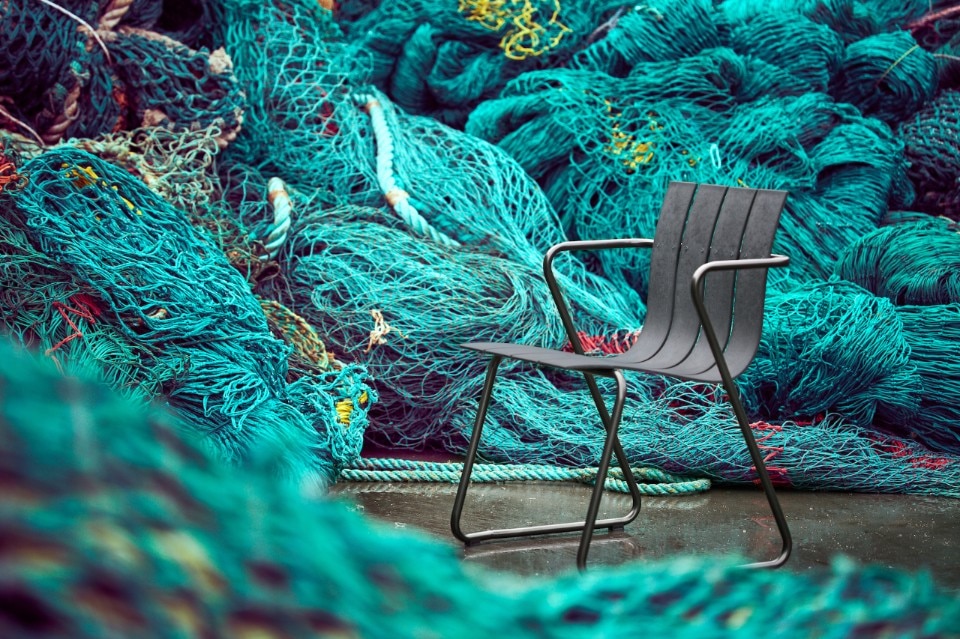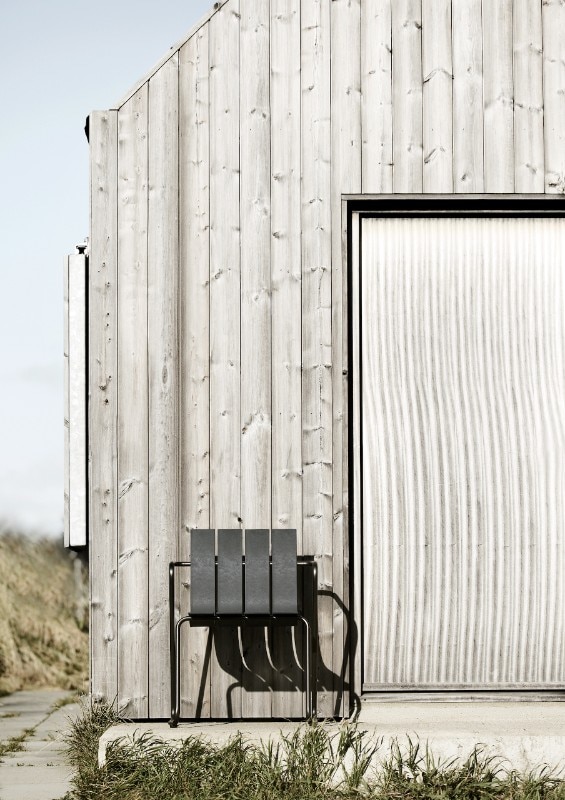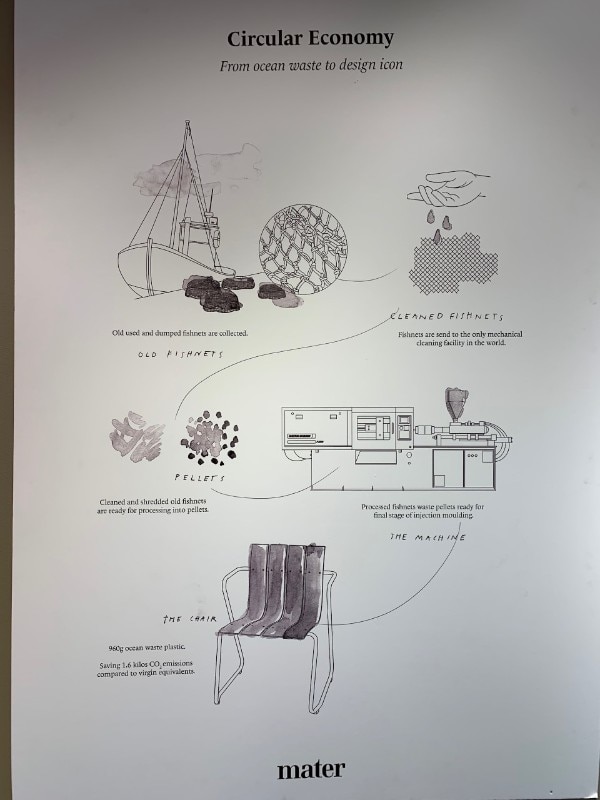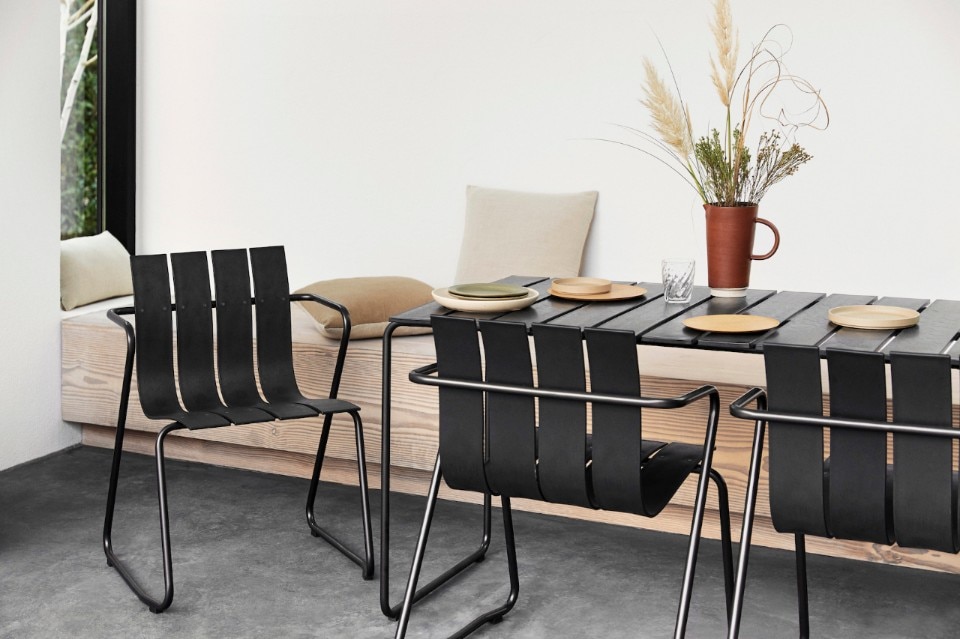Exploring Copenhagen during the 3daysofdesign, there are various brands which have made ethical and sustainable design their philosophy for production. One outstanding example is Mater, an aware and ethical brand based on high-quality artisan skills that combines minimalist furnishings with strong ties to Scandinavian tradition and working methods that provide support for individuals, local artisan traditions and the environment.
“Mater means mother in Latin. The name is a daily reminder of our modest contribution to protecting Mother Earth. Design influences the way we live. It models our values, culture and society. Unfortunately, we are ever increasingly aware that the choices made during the design process often have environmental consequences. This is why we have created an ethical and sustainable form of design which minimises social and environmental impact”, explains Henrik Marstrand, CEO and founder of Mater.
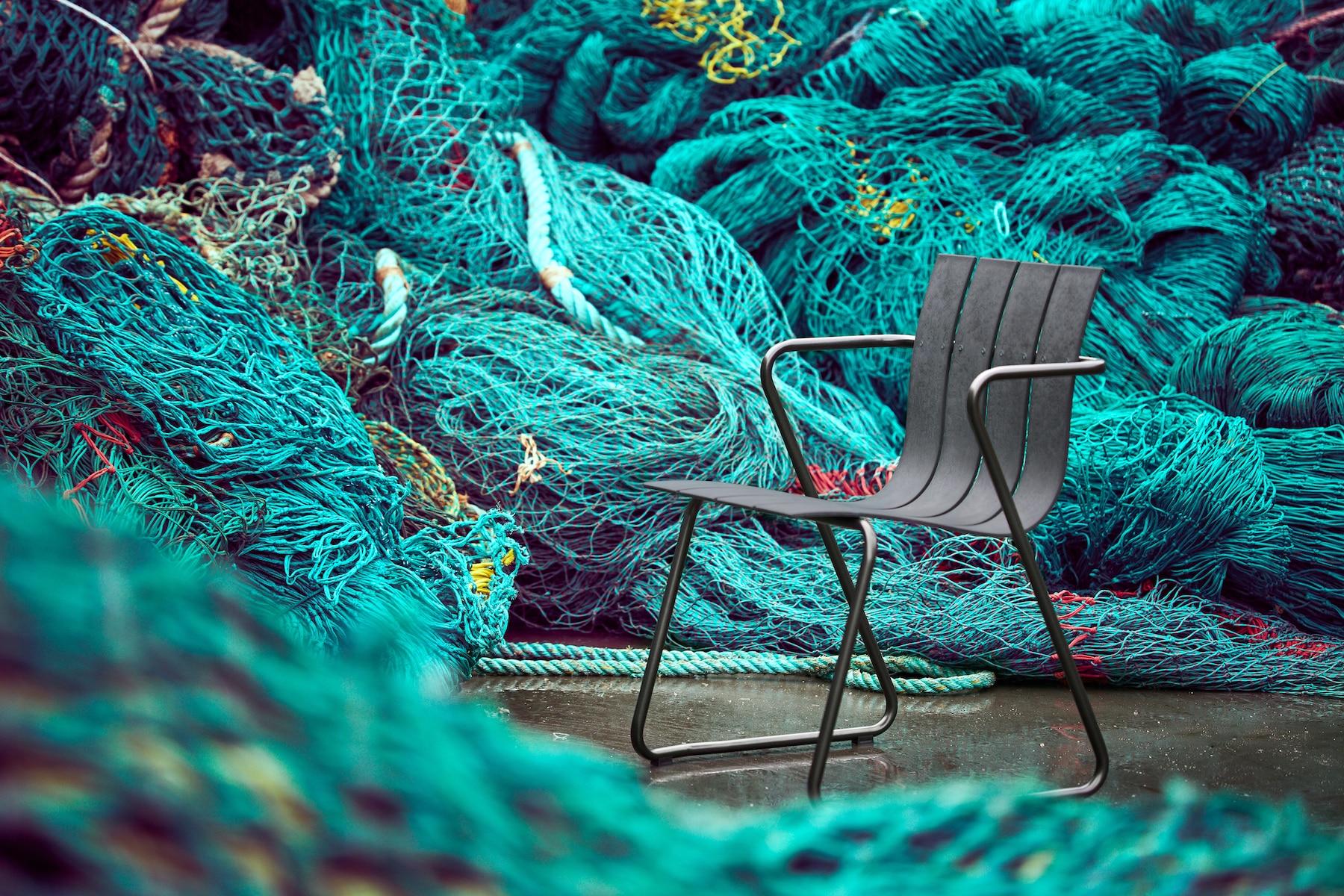

“Creating classic timeless design is the heart of the philosophy of Danish design, and the aesthetics that identify us reflect a simple style, characterised by combinations of warm and natural colours. The same aesthetics also reflect our use of high-quality materials”. Yet all of this is through an approach that is different from its very origins. In fact the furniture they produce is made exclusively with renewable or certified wood, and with the recycling of plastic refuse.
It is on this foundation that the Ocean collection is built, composed of chairs, tables and stools with a minimalist design, produced with plastic refuse fished from the Ocean. For the shell of the chair alone, 960g of plastic is recycled.
The collection is a re-edition of that designed in the 1950s by Joergen & Nanna Ditzel, re-adapted in its dimensions. To make it, Mater relies on the collaboration of Plastix, a Danish company specialised in the recovery of plastic materials. The process is apparently simple. Once the items abandoned in the sea (fishing nets, ropes, etc.) have been recovered, they are divided and cleaned, and then transformed into pellets of Green Plastic. These are then melted down and injected into a mould, creating the flexible sheets which make up the chairs and table tops in the Ocean line. A perfect example of virtuous circular economy.


